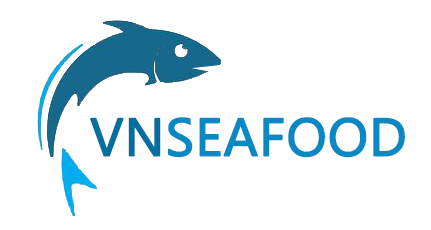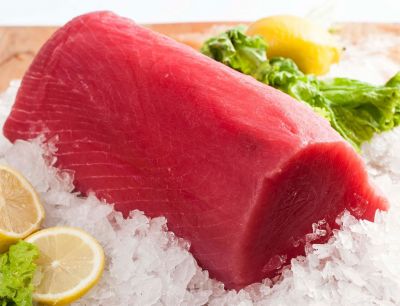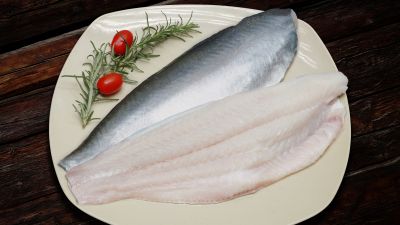As of July 23, 2025
In the first half of 2025, Vietnam's squid and octopus exports showed promising performance, reaching a total value of USD 335 million, up 16% compared to the same period in 2024. Of this, squid accounted for 58% (USD 194 million, +24%), while octopus made up 42% (USD 141 million, +7%). However, this growth was uneven across markets, reflecting both emerging opportunities and growing technical and regulatory challenges faced by exporters.
Strong Momentum from Asian Markets
South Korea remained the largest importer, purchasing over USD 122 million worth of squid and octopus (36% share), marking a 7% increase year-over-year. The most popular items in this market include cleaned squid tubes, frozen processed octopus, and whole frozen octopus.
Exports to CPTPP countries also surged by 20%, with Japan contributing significantly (USD 83 million, +21%). Popular products in Japan include sushi-grade squid (MA), battered squid, and frozen octopus.
China and Hong Kong combined imported USD 34 million, a 15% increase, with China alone rising sharply by 87% in June 2025. Thailand also emerged as a bright spot, growing 37%, driven by strong demand for frozen boiled octopus, dried squid, and baby squid.
In contrast, some markets such as Taiwan, Australia, and Hong Kong recorded declines, highlighting rising competition and certain trade and technical barriers.

Ongoing Challenges for Exporters
-
Administrative and Regulatory Issues: Difficulties in obtaining Certificates of Origin (C/O) under Decree 31/2018/ND-CP have delayed many shipments. In addition, inconsistent regulations on imported raw materials and food safety inspections have complicated procedures when switching usage purposes for raw materials.
-
IUU Yellow Card: Exports of squid and octopus remain affected by the European Union's IUU (Illegal, Unreported, and Unregulated fishing) yellow card, adding pressure to seafood trade with the EU.
-
Retaliatory Tariffs and U.S. Trade Risks: The U.S. is expected to impose retaliatory tariffs of up to 20%, which poses a major concern. Ambiguous rules on product origin (e.g., transshipment, 40-20-40) may result in high tariffs or import bans.
-
MMPA Compliance: Under the U.S. Marine Mammal Protection Act (MMPA), NOAA has not yet recognized Vietnam's marine mammal conservation measures, particularly regarding squid harvesting. If equivalency is not achieved, exports to the U.S. may be banned starting January 1, 2026.
Strategic Recommendations Amid Market Uncertainty
To navigate these complex conditions, exporters are encouraged to:
-
Diversify markets, with a continued focus on stable Asian destinations like South Korea, Japan, and Thailand, while exploring further opportunities in other CPTPP member countries.
-
Standardize documentation and processes, and invest in traceability and quality control systems to ensure transparency and compliance with origin regulations.
-
Prepare for worst-case scenarios in the U.S. market by reassessing export ratios, adjusting market strategies, and renegotiating long-term contracts where necessary.
-
Enhance traceability and environmental compliance, especially in response to increasing sustainability requirements from the EU and U.S. This includes closer cooperation with fishermen and investing in transparent, verifiable tracking systems to ensure long-term market access.





